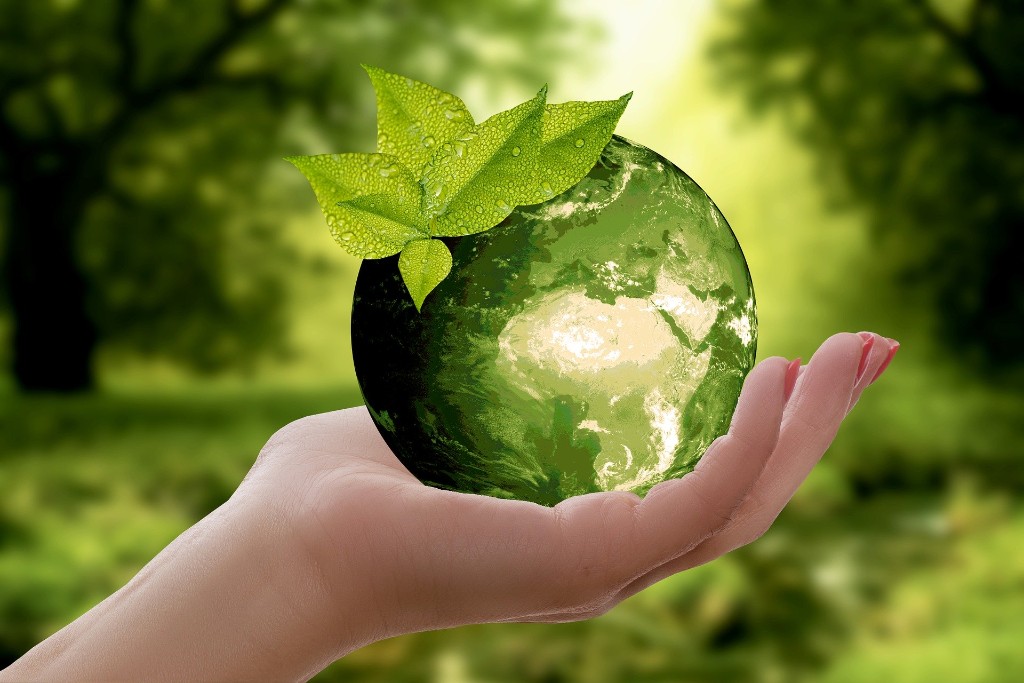Residential and commercial waste production is a constant process happening at a mind-blowing scale in cities. And how we collectively treat what are in our wastebaskets is indisputably critical to sustain our environment. Learning what, and not, to do therefore is key to good citizenship in Washington, D.C. as much as it is anywhere else on the planet.
Today, the U.S. is home to nearly 40 million more people than it was at the start of the new millennium. And it’s not only our number that has swollen over time. So did the number of things we think we need and accordingly procure. The result is a dramatically higher amount of waste generation every year.
In this article, we will provide a brief guide for the growing need of recycling in the nation’s capital, but let’s first understand the whole topic in its true context.
Market for Recyclables Contracts
Not many of us think of it as much every time we place an item into one of those blue bins but there is a significant market for recyclables in the world. The problem is there used to be a much greater one and the competition among municipalities across the U.S. and beyond is now stiffer.
In the past, China alone was able to purchase almost every last American recyclable and what many local administrations did for years was simply ship them away as they would any other commodity in return for financial gains.
Today, however, the Chinese are much more concerned about contamination and have become extremely selective in what they pay for.
And because the global market for recyclables has contracted while we produced more waste each year, it has become clear that we now have to do more of the job ourselves. That’s how expansive Material Recovery Facilities (MRFs) started to be built across the nation.
Blue Bin vs. Black Bin
In the District, there are basically two kinds of bins — a blue one for recyclables and a black one for non-recyclables — at the disposal of the city’s residents.
From single-family homes and residential buildings with three or fewer living units, the Department of Public Works (DPW) collects recyclables once a week and non-recyclables either once or twice per week.
Apartment buildings with four or more units, as well as mixed-use residential/commercial buildings and commercial properties, must contract for their own trash/recycling collections services.
Is Everything Recoverable?
The answer to that question is, at least for now, a simple “No.” The D.C. Government has a Zero Waste program in place but even there “zero” doesn’t really mean zero.
Right away, it acknowledges that an unfortunate 19 percent of the “recyclable” items — not to mention everything else in the black trash bins — became residue in 2018. The program’s goal is to reach an 80 percent waste diversion rate — the percentage of waste diverted away from incinerators — by 2030.
And the latest available official figure (23 percent in 2017) suggests that we are way behind where we want to be in the near future.
To do its best, however, the DPW takes all recyclables to either Fort Totten or Benning Road transfer stations first. They then go to Elkridge MRF, a private recycling enterprise in Maryland, where they are sorted, aggregated into bales and then sold to whoever was the next to buy them. The leftovers simply end up in giant furnaces.
What Is Recyclable & What Is Not?
Regardless of whatever is to happen to them at the end, all unused items should always be disposed of properly. And the number one rule of recycling is that litter won’t help anyone any time anywhere. So, authorities encourage all residents to participate, to the best of their ability, in the city’s recycling program.
In order to enable their good intentions, the DPW has provided an online What Goes Where tool. With it, all residents need to do after cleaning and emptying their unused items is to type what they are in the search bar and learn where they belong. They then could just leave their recyclables loose in the proper blue bins.
In general, however, the following four rules are also not too hard to memorize:
- All sorts of paper except tissues are recyclable.
- All plastics except bags, foam containers, straws & utensils are recyclable.
- Metals except paint cans are recyclable.
- Everything that is made up of glass except light bulbs is recyclable.
Beware! These Are Neither Trash, Nor Recyclable
So, roughly speaking, everything that is paper, plastic, metal or glass except the few main items listed above is recyclable and belongs in the blue bin.
However, there are also several other things that are neither trash nor recyclable. They are what the authorities call “Hazardous Household Waste.” When improperly disposed of, they can cause severe costs to human life and the environment.
Residents should drop the following items off at the Fort Totten Transfer Station themselves.
- Electronics.
- Batteries.
- Home care chemicals such as drain cleaners and paint.
- Automotive care products such as fuel, motor oil, anti-freeze liquids.
- Poisons such as rodenticides, pesticides and herbicides.
- Fluorescent light bulbs.
- Prescription medications.
- Needles and other sharp items.
Have Fun Learning What to Put Where
To end this article on a rather uplifting note, it will be good to mention that the DPW has an online waste sorting game. It is a great tool to test and improve your knowledge on the issue and also educate your little ones on how to contribute to their city and the environment. It’s so much fun, as well. Go ahead and play, what’s your excuse?

